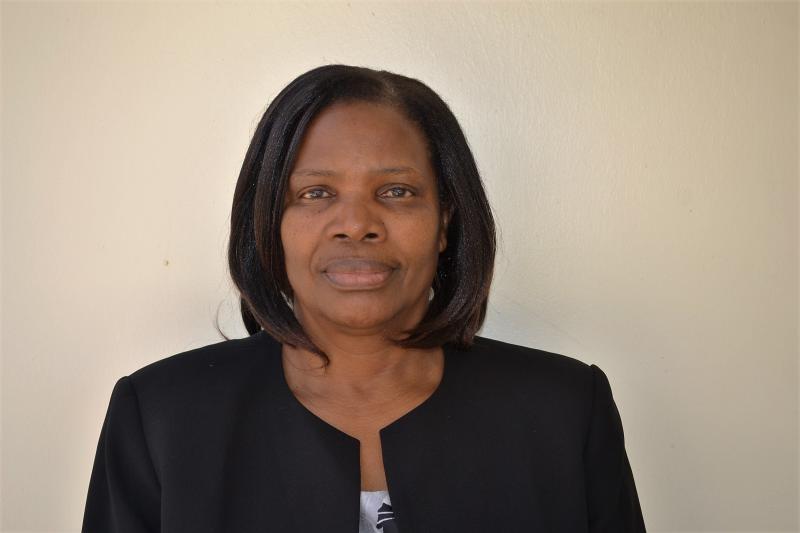
As organisations evolve and compete for top talent, businesses must invest in their most prized possession; the workforce. Yet, there hasn’t been enough commitment to this training with studies indicating that some learning and development programmes especially in African businesses are either outdated, not responding to employees’ needs or businesses are not making convincing investments.
This is despite a yawning skills gap particularly occasioned by technological advancements disrupting the way of doing business. A recent study by Oxford Group that examined views of 1,000 workers in global organisations, 500 of whom had key management responsibilities, revealed that 60 per cent felt that leaders and staff in their organisations didn’t have requisite skills to tackle digital transformation. Now, going by how technology is shaping the future of work, those statistics offer food for thought.